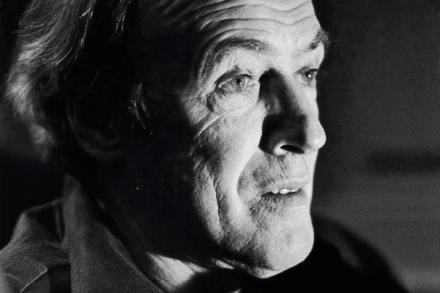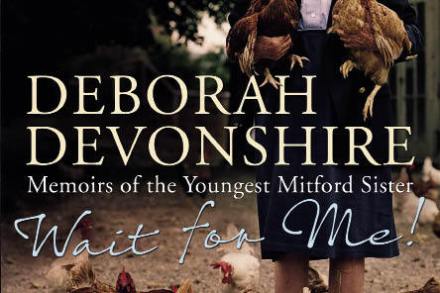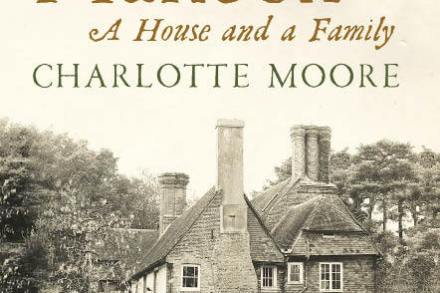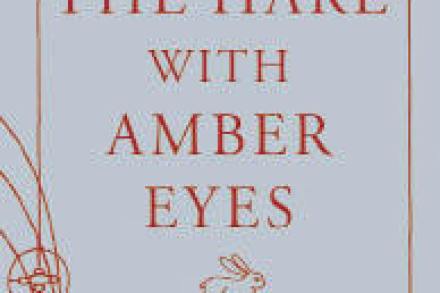Diversity is the name of the game: different pupils have different needs
The Times has a spread on free schools (p20-p21) today (£), focusing on the model of Kunskapskolan, one of the largest Swedish chains, who are setting up shop in Britain. “Pupils set their own homework, decide their timetables, set themselves targets and work at their own speed – oh, and they clock off at 2pm,” says Greg Hurst, the paper’s education editor. He visits one of their schools in Twickenham. “At the heart of the personalised learning”, he says, lies a “one-on-one tutorial with a teacher for 15 minutes to review progress, weekly and long-term targets and timetables to meet them.” A pupil, Lisa, is quoted saying: “You talk to




















